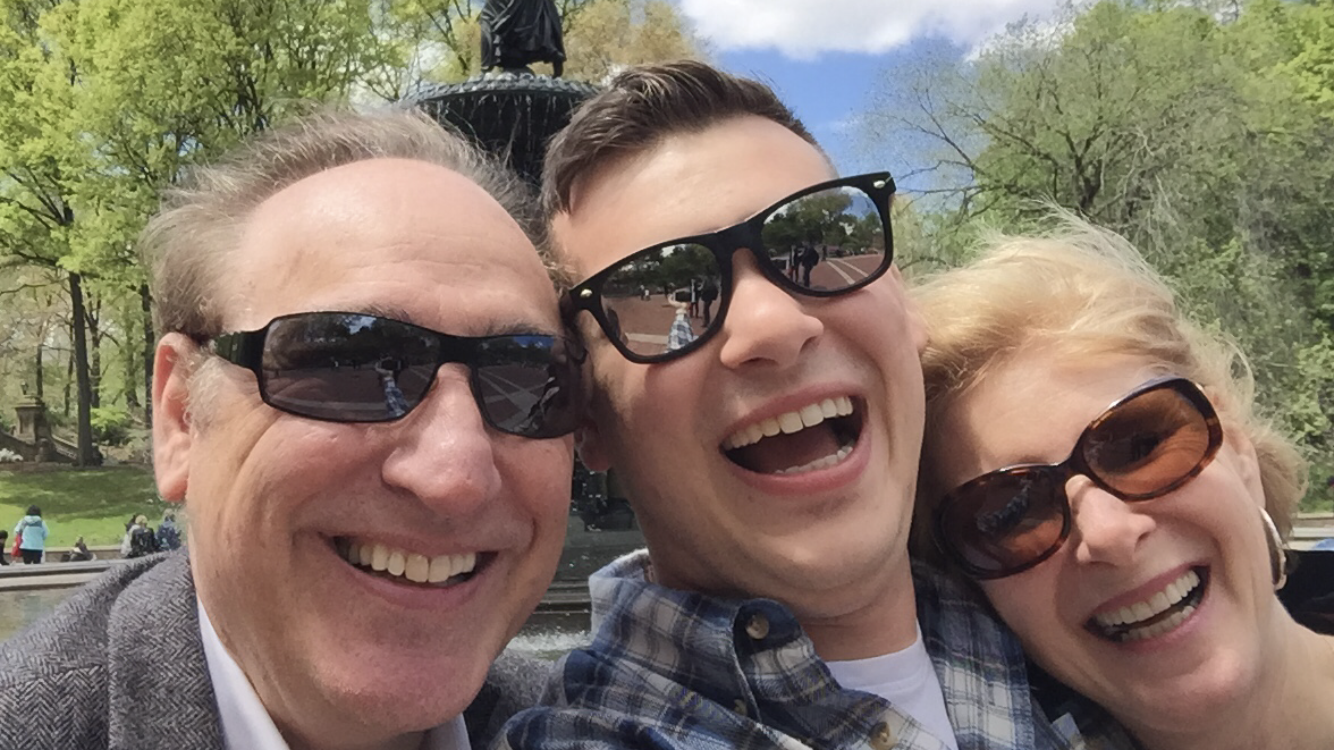“Because we’re all imperfect human beings, prone to error and defensiveness, the challenge of offering a heartfelt apology is with us until our very last breath. ”
I’ve been listening to a new podcast as I do my daily 30-minute walk. It’s Small Things Often from the Gottman Institute, and every episode is a three minute shot in the arm of inspiration to improve your relationships. Of all their good ideas, the one that rose to the surface for me was on taking responsibility in conflicts. Apologies are dear to my heart because they make me think of my son, Theo, who has helped me to become a sincere and authentic apologizer. What’s the big deal, you might ask.
It’s a very big deal. Working through conflicts and hurt feelings is one of the hardest parts of being in relationships. Yet doing so, is what makes our relationships open-hearted, safe, home bases for us to live and thrive in.
The Conflict
My boy is now 29, has his own condo, but still has quite a bit of “stuff” at our home. The “stuff” that led to a recent conflict. He had stopped over for a ten-minute drumming session in our basement. When he emerged from downstairs I said,
“Thee, you have that extra drum set all over the basement floor. When are you going to do something about it? And don’t forget you have all the clothes you’ve left here to go through.”
“Mom!!! You’re such an overreactor! I told you it’s only going to be there a week at most. And you ALWAYS bombard me with too many things at once! I’ll get to them!”
“I DON’T APPRECIATE you speaking to me in that tone of voice.”
“OK, Mom. Gotta go. Talk to you later,” he kissed my cheek and out the door he went.
Taking Responsibility
After he left, I thought about my part in our clash. I reflected: I know it frazzles him when I ask him to do more than one thing at a time, you’ve got to stop that! And since I only see him once a week, I want our time together to be relaxed and warm. Ask him when would work for him to get the drums. Discuss the clothes another time.
As I said, apologies are dear to my heart thanks to Theo. A couple of hours later he called. “Mom, I’m sorry I spoke to you like I did and called you an overreactor. I’ve been stressed lately with work and I came over to let loose with my drums. I will get the extra drums out by Friday. I just need you to not overwhelm me with too many requests at once. Who’s the cutest mom?”
See what I mean. The beauty of my boy is he takes responsibility for his behavior, asks for what he needs, and reaffirms our loving bond. It makes it easier for me to do the same.
“Thee, I apologize for bombarding you with both requests. When I have your attention at home I just want to get as much done as possible. I know it sets you off and I am going to work on that. What I need from you is that you talk to me more respectfully. I love you bubby. I so appreciate this call. How lucky I am to have a son that owns his behavior and cares enough to talk things out.”
My example is a mild one but illustrates my message. We each have our needs, wants and stresses, and being human we all mess up and can be insensitive and hurtful. Rarely is a conflict just one person’s responsibility. If we keep the dearness of our relationship at the center of our thoughts and feelings, and are willing to own our part, we can work through conflicts and deepen our relationships with loved ones.
Your Takeaways
Communication expert, Harriet Lerner, in her recent book, Why Won’t You Apologize, spells out three fundamentals of a good apology:
1. Take clear and specific responsibility for what you have said or done without blaming the other.
2. Listen carefully without interrupting and saying things that make the hurt party feel unheard or cut short.
3. Do your best to ensure you don’t repeat the behavior that offended the other person.
4. (My addition) If you feel better, affirm the other person, you’re actually affirming the value of their relationship in your life!
The deeper the hurt, the harder it can be to be open to an apology. If accepting an apology is hard for you, acknowledge that. Give yourself time, but melt those bars around your heart.
Giving an apology is not weakness or blaming ourselves, but caring about our relationship more than being right.
Why not take your share of responsibility in conflicts starting today!
My award-winning, paperback book is available at Amazon for $14.99 and the ebook for $7.99. If you haven’t already read it, it can help you connect with more love, acceptance and joy to yourself and all others.





